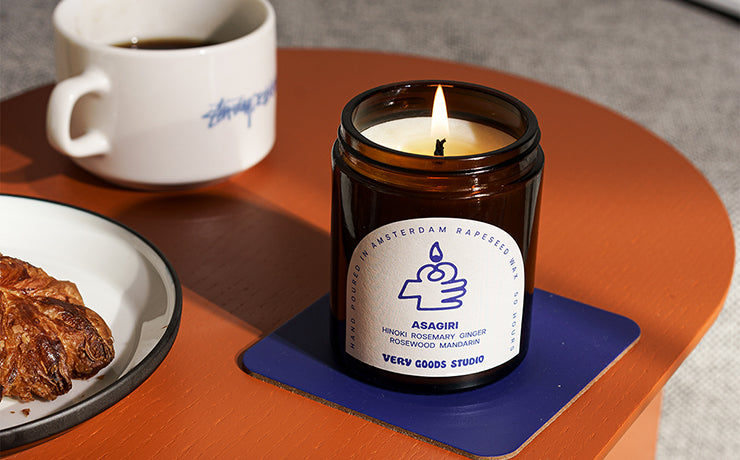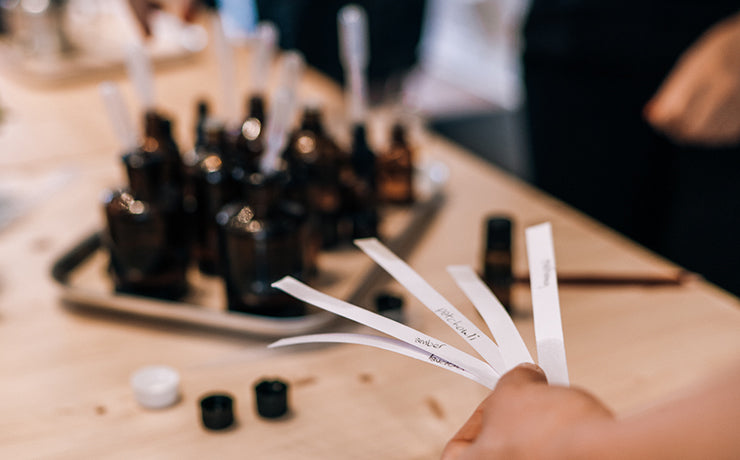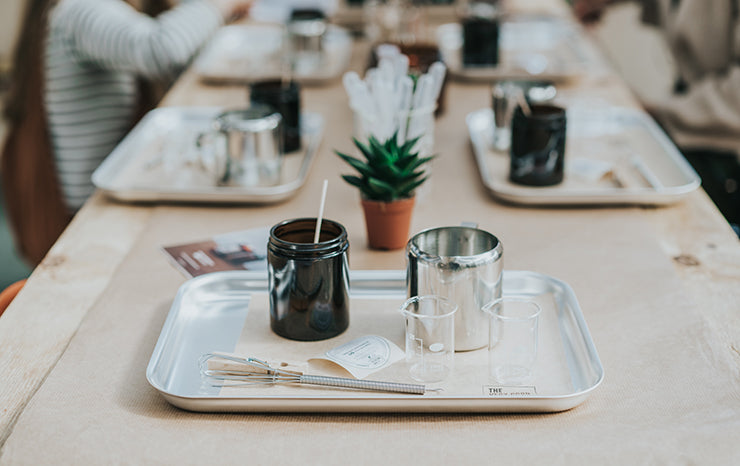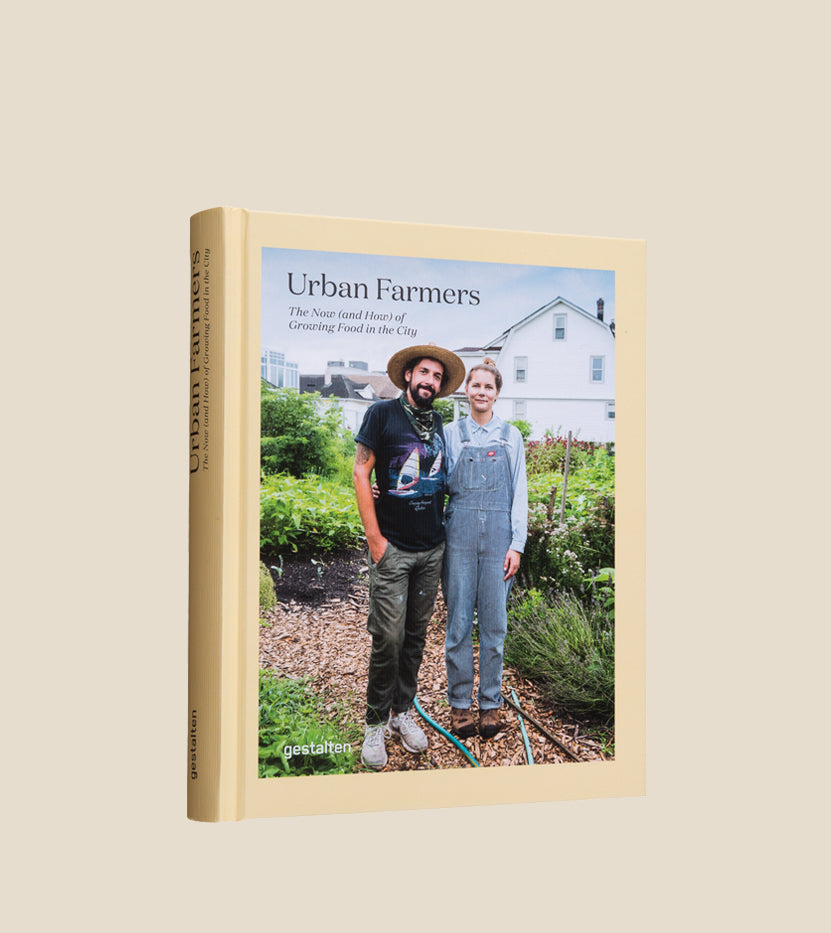
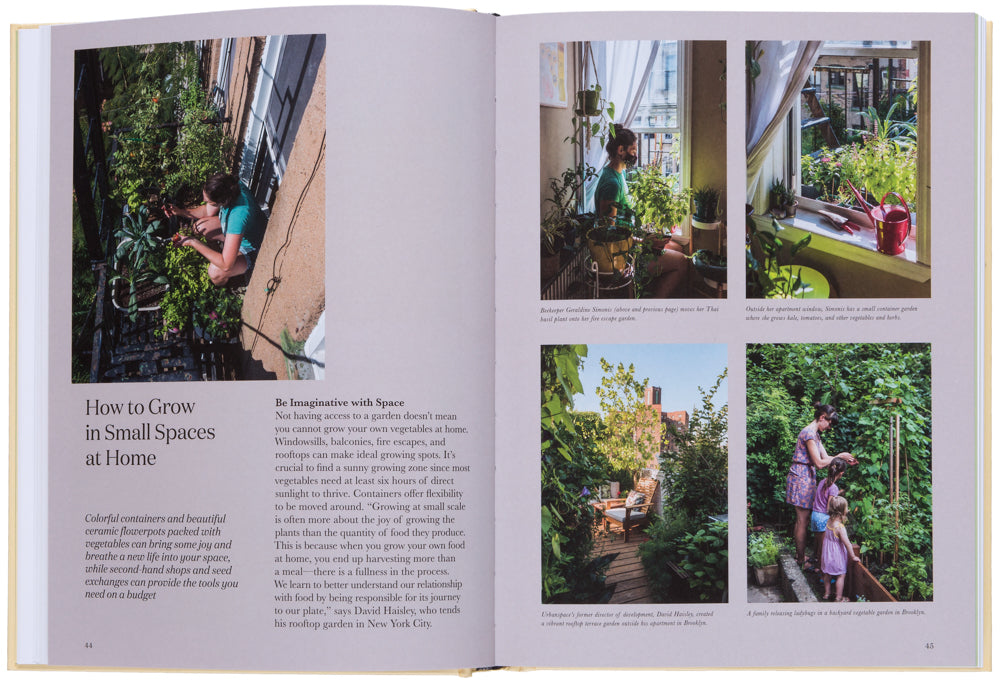
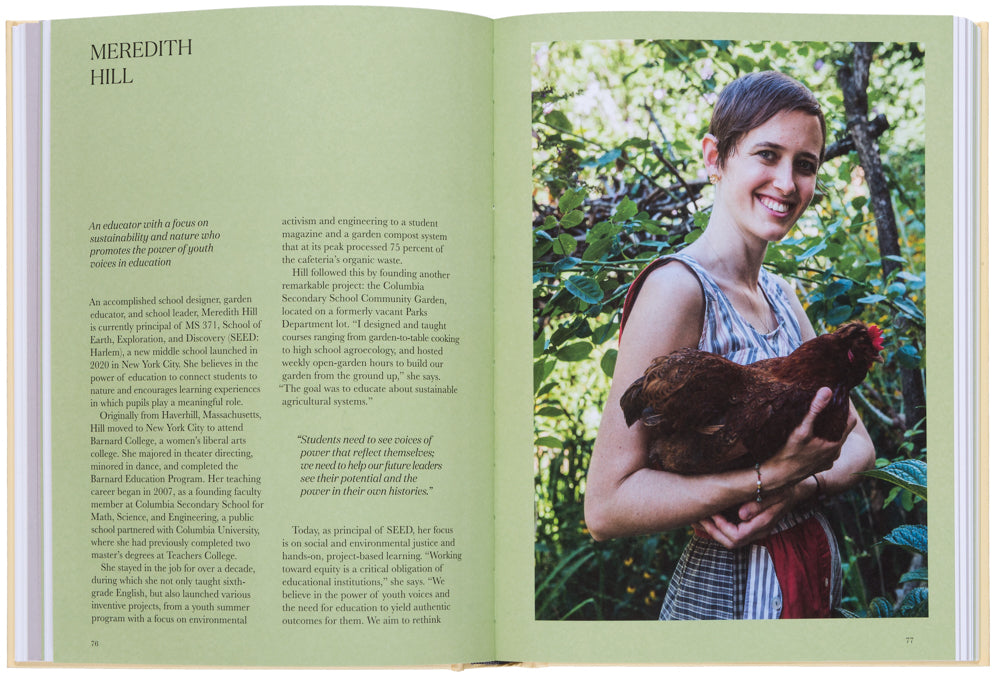
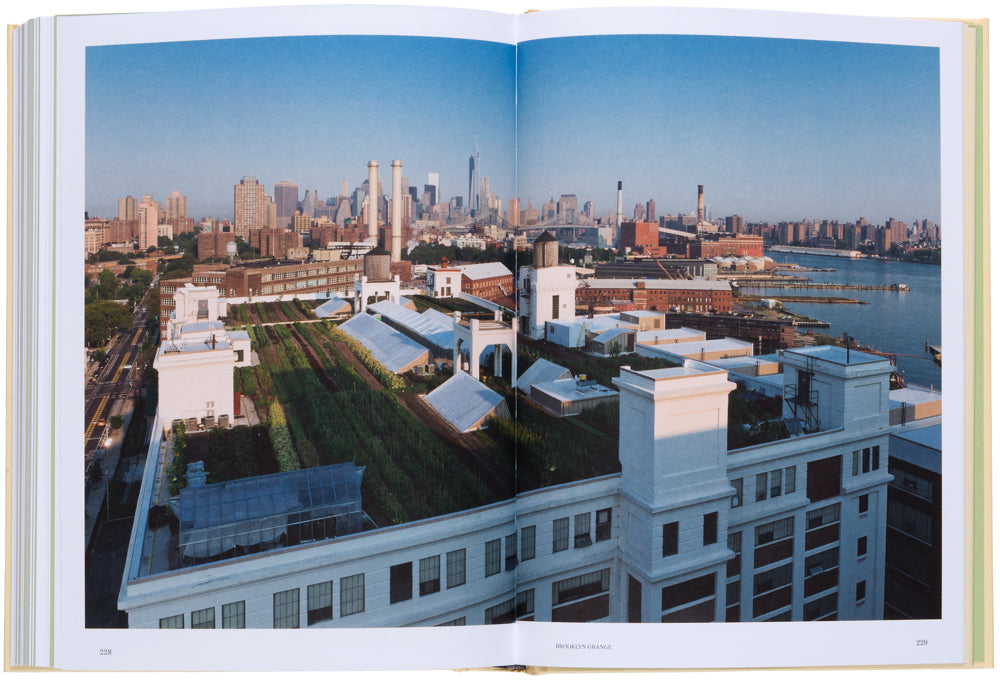
Gestalten | Urban Farmers
The concrete jungles of modern cities might seem hostile to nature, but they are full of natural life. From beekeeping on rooftops to underground mushroom farms, Urban Farmers explores the rich world of planting, growing, and harvesting in modern cities and shows that soil, seeds, and concrete can be the unexpected formula for a greener, healthier and more sustainable life in the city.
There are as many reasons to start growing food as there are urban farmers. This book showcases the vast universe of urban agriculture in different parts of the world, revealing what makes each of the farms and projects featured unique. Some run their projects as innovative, for-profit start-ups, while others pursue a nonprofit approach based on alleviating systemic structural issues affecting their communities. Presenting a mix of in-depth case studies, inspiring profiles of the movement’s pioneers and essays by experts in the field, Urban Farmers gives its readers the opportunity to learn from the best and get their hands dirty—be it on a balcony, in a community garden, or even by growing a business in the very heart of the metropolis.
In the early days of the Covid-19 pandemic, empty supermarket shelves revealed the fragility of current food systems. The disarray of the global food supply chain might have fueled the revived push for locally produced foods: A considerable number of urban farms offering CSA programs, which provide households with a box of locally grown fruit and vegetables, have reported increases in demand that tripled or quadrupled their pre-Covid-19 numbers. And while it’s true that urban development has wiped out most signs of agrarian legacy in cities across the world, today there are more options than ever before to grow food in urban settings. Urban farmers have a unique opportunity to touch on many disciplines at once and become dynamic forces of positive change in their communities.
At the same time, over 23.5 million U. S. citizens live in food deserts—defined as areas lacking access to good-quality, healthy, fresh food—an echo of the systemic racism infused in the country’s food system. Leah Penniman, founding co-director of Soul Fire Farm in New York, considers the situation food apartheid, a term coined by activist Karen Washington. “It’s not a natural desert, it’s a human-created system of segregation,” she says.
There are programs addressing vital food sovereignty issues affecting underserved communities and providing families with the tools and guidance to grow their own produce, which has been especially meaningful during the pandemic. These social aspects of urban farming are of great importance, but promoting biodiversity by serving as habitats for plants and animals is also crucial. According to the Food and Agriculture Organization of the UN, vegetable crops worldwide lost 75 percent of their genetic diversity between 1900 and 2000. “We seem to be facing so many different types of emergency: climate, humanitarian, biodiversity, health” Australian gardener Kat Lavers says. “Cities are never going to be self-sufficient, but they can have more of a buffer. So, by growing food at home, we can contribute to the solution; we can make things a bit more resilient, more comfortable when we get challenged by these sorts of events.” We need an “ecolution,” Ron Finley, guerilla gardener from L.A., agrees—an ecological revolution for the planet—and he hopes that the pandemic will shift our values system:
“We don’t think about how the food gets to the store, if the people who harvested it can afford it, or how many hours of backbreaking work in the field they go through to grow a beautiful lettuce. We don’t see the value in soil that we should see. That’s how we change that mindset—seeing the power in the freedom that is in soil. If you are growing your own food, you are free from an oppressive society, from an unjust food system.” Ron Finley, self-defined “gangsta gardener”, urban anthropologist and activist form Los Angeles
Editors: gestalten & Valery Rizzo
Texts by Mónica R. Goya
Features: Full color, hardcover, stitch bound, 256 pages
Format: 18 × 23 , 5 cm
Shipping Details
Our deliveries within The NL are sent via MyParcel and Peddler Bike Couriers. International deliveries are sent with UPS and FedEX, depending on the location and size of the package. Orders placed until 2PM will be shipped the same day.
Pick Up
You can pick up your order from our studio. Usually orders will bw ready within 24 Hours.
NL Shipping Rates
MyParcel ( 1-2 working days**)- €7,20 the rest of The Netherlands
Free shipping on all orders above €65
*For orders placed before 2PM
** Shipping times may delay during peak times and holiday periods.
UK Shipping Rates
UPS Standard ( 2-4 working days*)- €15
Free shipping on all orders above €100
* Shipping times may delay during peak times and holiday periods.
EU Shipping Rates
Zone1: Germany,Belgium,France,Luxemburg
MyParcel Standard ( 2-4 working days*)- €9
Zone2: Austria,Denmark,Ireland,Italy,Sweden,Portugal
UPS Standard ( 2-4 working days*)- €14
Zone3: Rest of the EU
UPS Standard ( 2-4 working days*)- €22
* Shipping times may delay during peak times and holiday periods.
International Shipping Rates
UPS Standard Delivery (3-6 days*)
USA, Canada: €35 up to 3KG / €50 3KG+
Norway, Iceland, Switzerland: €25
Japan, UAE, Australia, South Korea, Taiwan, Thailand: €50 up to 3KG / €70 3KG+
*Shipping times may delay during peak times and holiday periods.
Please contact hello@verygoods.studio if you have specific shipping requirements.
Choose options






